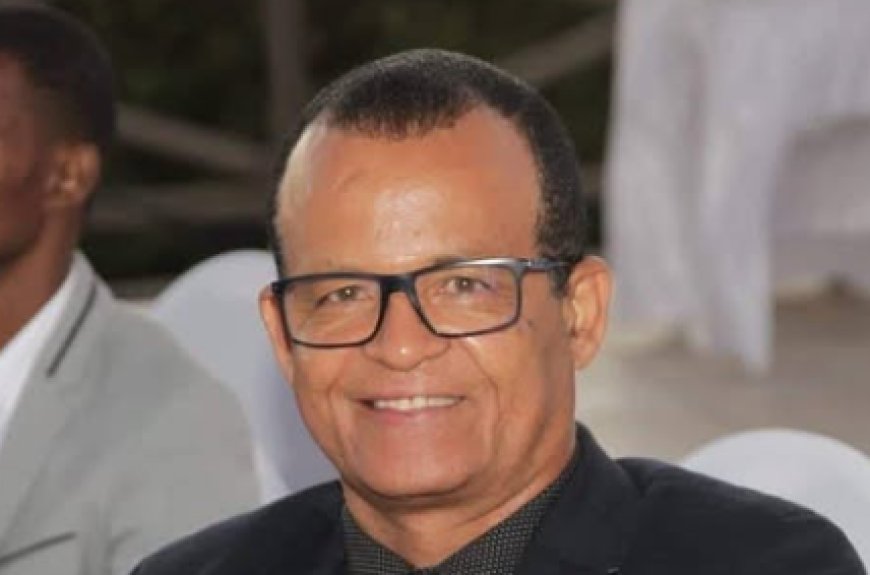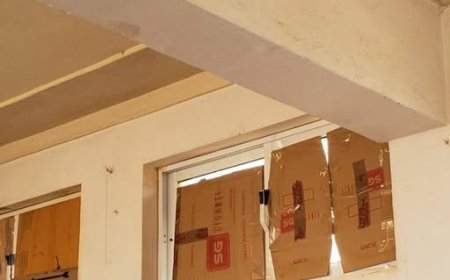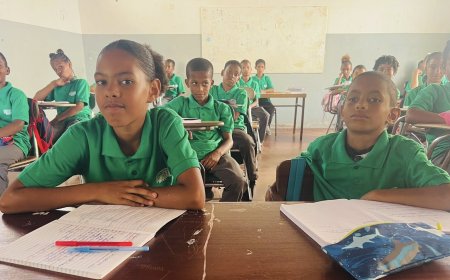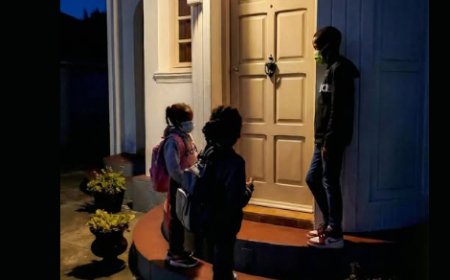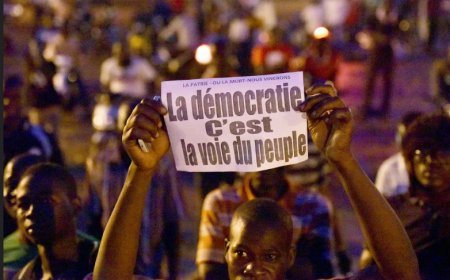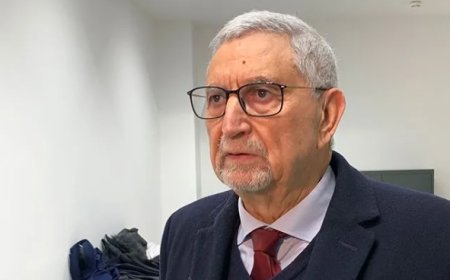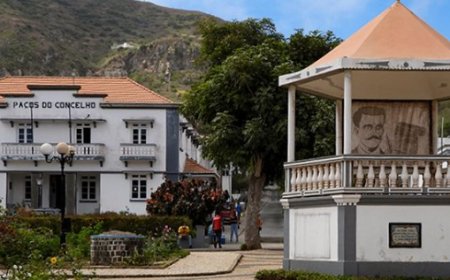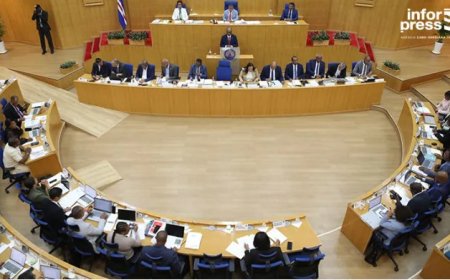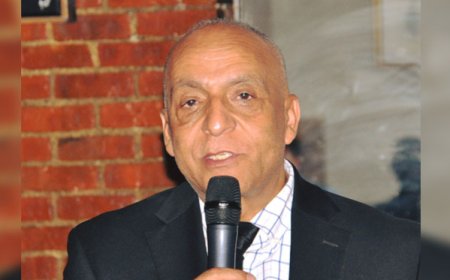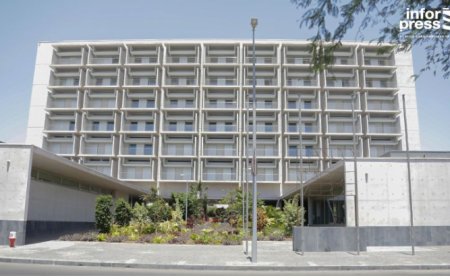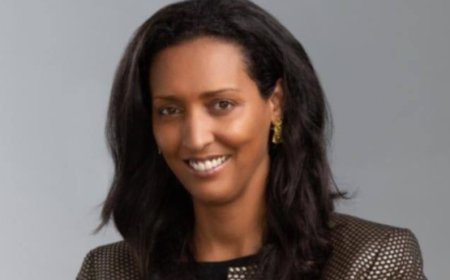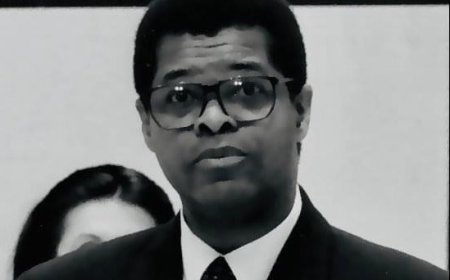Parliament is the home of democracy, the space where discussions and
pass laws that govern the lives of all citizens. To deny the people access to information is to curtail an elementary right: that of knowing what goes on inside the house that, in theory, represents the national interest.
The RCV, as a public media outlet, does not belong to its management, its editors or any political party group. It is paid for by the public purse and must obey the public interest.
Your boss is the people, not the convenience of the moment. And when a public body breaks with its mission to inform in order to hide, control or manipulate, it is committing an attack on democracy.
The timing of this measure is even more bizarre: on the doorstep of the 50th anniversary of Cape Verde's independence.
A time that should have been about exalting the freedom that has been won, institutional maturity and political transparency. Instead, the RCV's management is offering us covert censorship and institutional silence.
Why is a public communication service failing to fulfill one of its most noble functions - that of monitoring and giving a voice to national political life?
The silence of the RCV leadership is complicit in an act of censorship and omission. And when you silence parliament, you also silence democracy.
It is public and notorious that, in recent times, RCV has been used as a sounding board for interests other than journalism - particularly those of the opposition.
But with this decision, you have gone beyond the limits of editorial decency and democratic legality.
It is now up to the Government of the Republic, particularly the Secretary of State for Social Communication, to intervene firmly. Either the broadcasting of parliamentary proceedings is restored immediately, or those responsible for institutional transparency must make their positions available.
The public silence of radio cannot be a political bunker or an island of authoritarianism within the democratic state. Either it serves the people - clearly, freely and pluralistically - or it no longer deserves to be called a public service.
You can't celebrate independence by silencing the people and curtailing their right to be informed.
